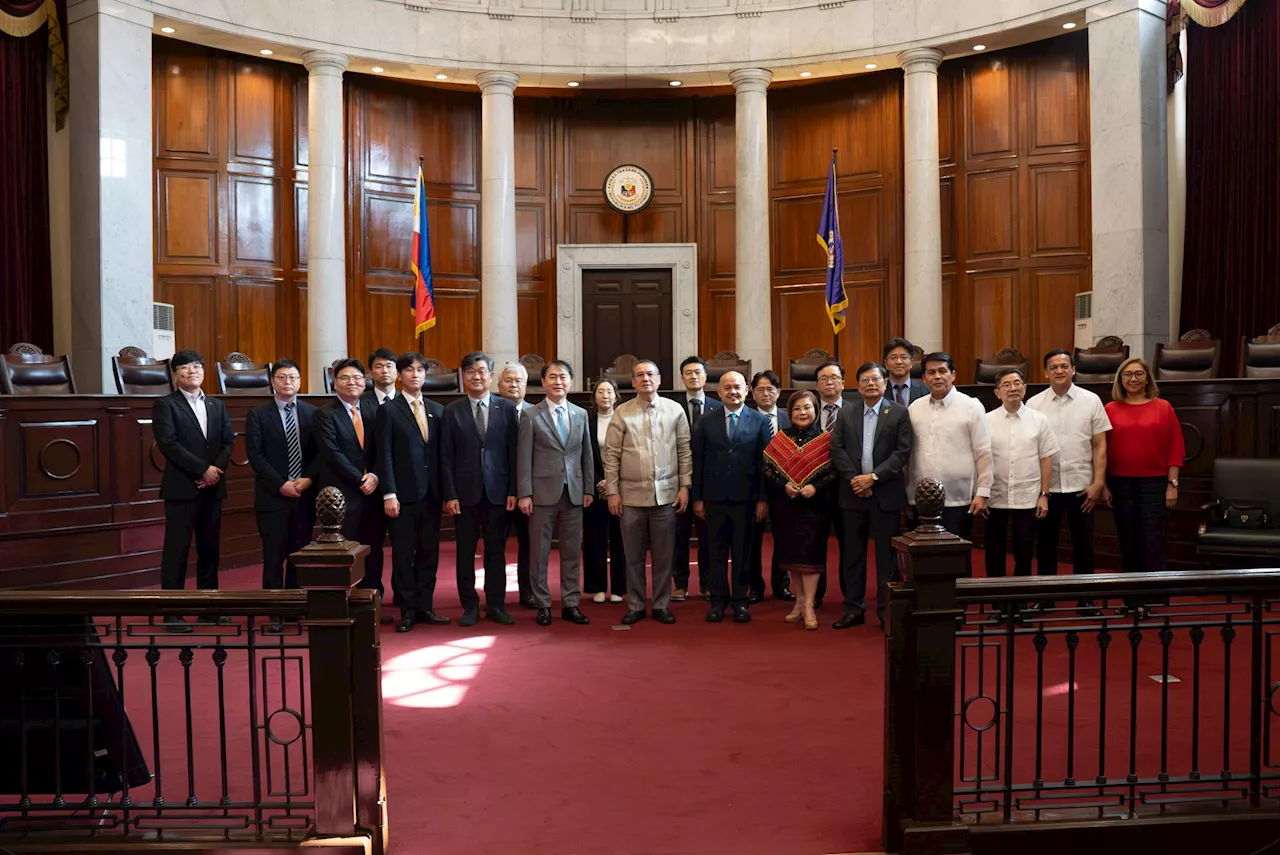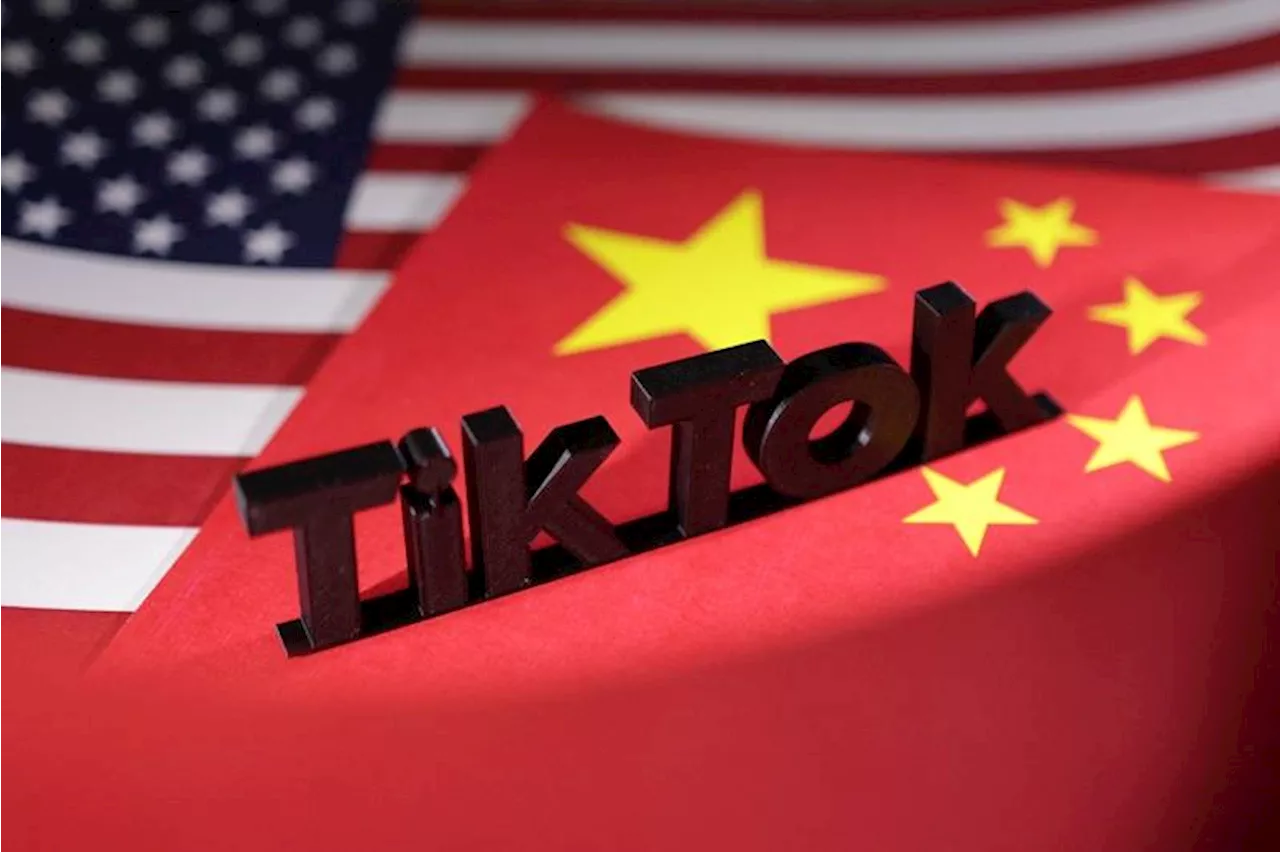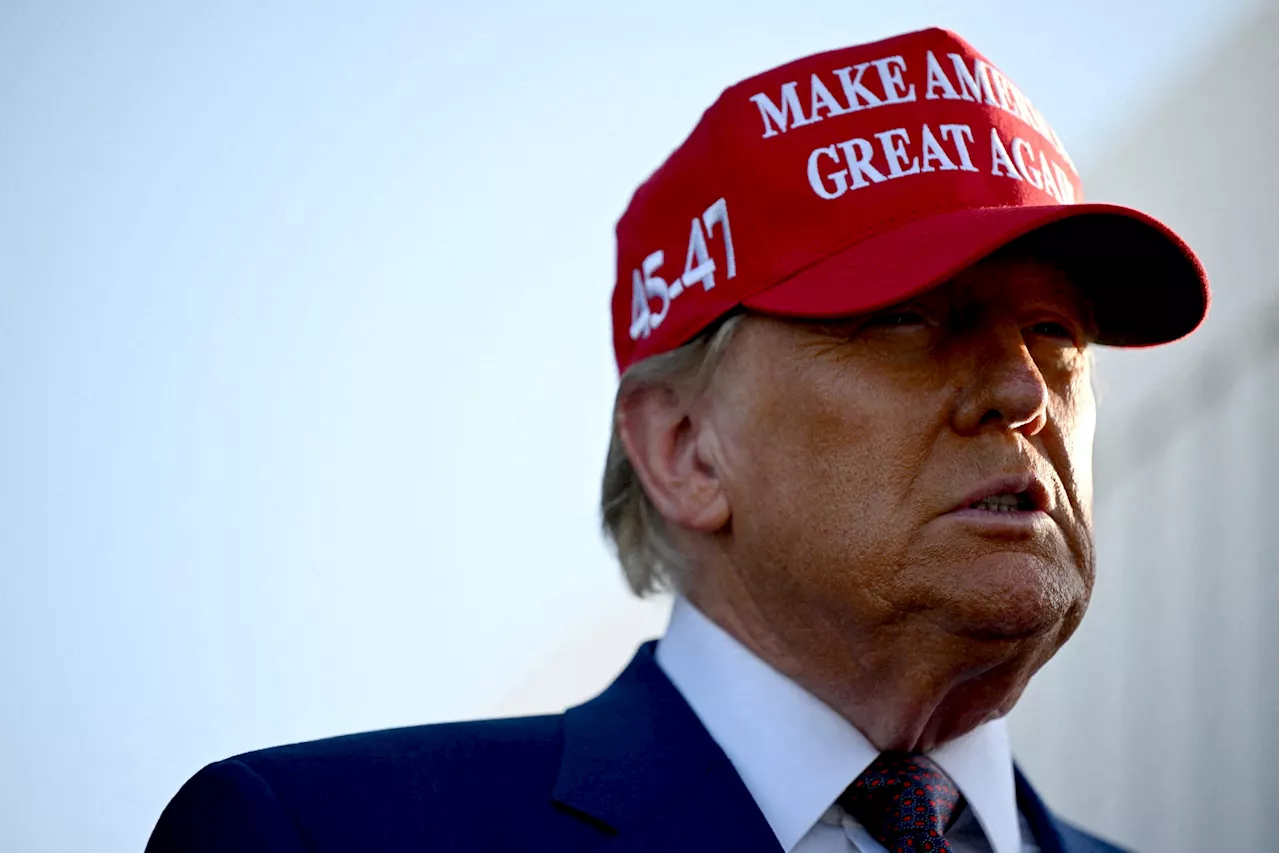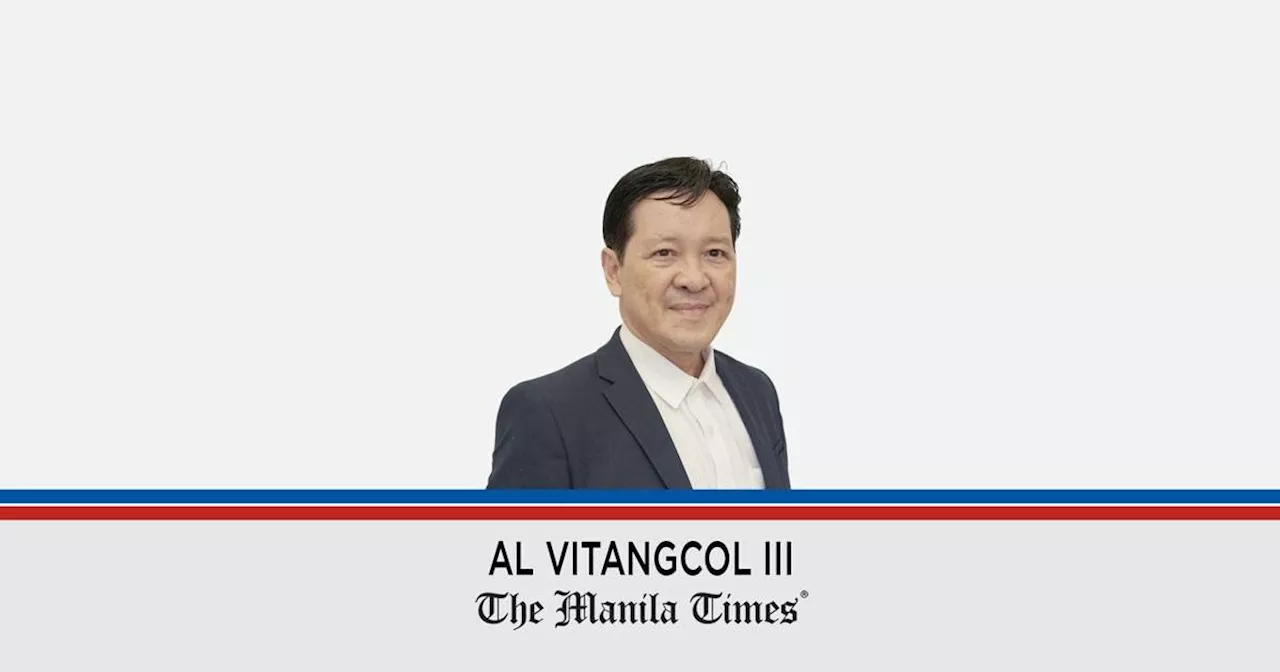ANIM, a multisectoral coalition, has petitioned the Supreme Court to clarify the constitutional provision against political dynasties, arguing that certain familial relationships in candidacy automatically fall under its prohibition. The petition challenges the Comelec's inaction on implementing the constitutional ban and highlights the framers' intent to prevent the concentration of political power within families.
The multisectoral coalition Alyansa ng Nagkakaisang Mamayanan (ANIM) has filed a petition with the Supreme Court seeking a definitive interpretation of the constitutional provision against political dynasties . Lawyer Alexander L. Lacson led the group in submitting a 34-page petition on January 14, 2025, challenging the Commission on Elections' (Comelec) failure to implement the constitutional prohibition.
The petition questions whether four specific types of candidate relationships identified by ANIM automatically fall under the 1987 Constitution's prohibition on political dynasties: 1) Relatives running together for executive positions (e.g., husband-wife, parent-child, or siblings as mayor-vice mayor, governor-vice governor, or president-vice president); 2) Immediate family members of incumbents seeking to succeed them in positions like district representatives, governors, or mayors; 3) Candidates for the Senate or local legislative councils when a family member already holds an incumbent position; and 4) Family members running as nominees for the same party-list.ANIM argues that these familial connections constitute political dynasties without requiring additional legislative action. They contend that these candidates are inherently covered by the constitutional prohibition. The framers of the 1987 Constitution aimed to dismantle political monopolies and prevent the concentration of power within families. Commissioner Jose Nolledo articulated a clear vision of preventing dynastic control, recognizing that political power can be systematically consolidated through various familial arrangements. When relatives occupy executive positions simultaneously, or when children, siblings, or spouses of incumbents seek to succeed their relatives, the constitutional prohibition becomes crucial. These scenarios represent the very type of political inheritance the framers sought to prevent, ensuring that public office doesn't become a familial birthright or a tool for generational power transfer.The potential for political power concentration becomes even more pronounced when multiple family members hold legislative positions. In the Senate, with only 24 members, two or three senators from the same family could significantly influence legislative dynamics. Their collective voting power could disproportionately impact legislative outcomes, undermining the principle of diverse representational democracy.Constitutional deliberations reveal a strong commitment to preventing political dynasties. Commissioner Nolledo explicitly criticized the practice of treating public office as an inheritable asset. His statements powerfully denounced the trend of circumventing reelection limitations by strategically positioning family members. Similarly, Commissioner Blas Ople highlighted how continuous service and frequent reelections enable officials to develop a proprietary approach to their positions, facilitating intergenerational power transfer. Commissioner David Suarez further emphasized the constitutional intent to create equal political opportunities. By prohibiting incumbents and their relatives from perpetually occupying the same positions, the Constitution aimed to democratize access to political representation, preventing entrenched familial political monopolies. The phrase 'as may be defined by law' in the constitutional provision was not intended to weaken the anti-dynasty measure but to allow for potential expansive interpretations. Commissioner Nolledo clarified that this clause was designed to potentially broaden the definition of political dynasties, not to create legislative loopholes or delay implementation. The fundamental prohibition was always understood to inherently cover immediate family members of incumbent elected officials. Jurisprudential support for this interpretation comes from significant Supreme Court precedents. In cases like Manila Prince Hotel v. Government Service Insurance System and Tondo Medical Center Employees Association v. Court of Appeals, the high court established a presumption of constitutional self-execution. This means that constitutional provisions are considered immediately applicable unless explicitly stated otherwise, with any doubts resolved in favor of implementation.The prohibition against political dynasties extends beyond traditional executive and legislative positions. It also encompasses emerging political representation mechanisms like party-list nominations
Political Dynasties Supreme Court Philippines 1987 Constitution Alyansa Ng Nagkakaisang Mamayanan (ANIM) Commission On Elections (Comelec)
Philippines Latest News, Philippines Headlines
Similar News:You can also read news stories similar to this one that we have collected from other news sources.
 Mandaue Mayor Files Petition for Certiorari with Supreme CourtFormer Mandaue City Mayor Jonas Cortes filed a Petition for Certiorari with the Supreme Court on January 2, 2025, challenging the Commission on Election (Comelec) resolution that canceled his Certificate of Candidacy (COC) for the May 2025 elections. Cortes argues that the Comelec acted with 'grave abuse of discretion amounting to lack or excess of jurisdiction' in its swift decision. He believes his candidacy was unfairly targeted due to political motives, particularly his rivalry with board member Thadeo 'Jonkie' Ouano, the brother-in-law of Congressman Martin Romualdez.
Mandaue Mayor Files Petition for Certiorari with Supreme CourtFormer Mandaue City Mayor Jonas Cortes filed a Petition for Certiorari with the Supreme Court on January 2, 2025, challenging the Commission on Election (Comelec) resolution that canceled his Certificate of Candidacy (COC) for the May 2025 elections. Cortes argues that the Comelec acted with 'grave abuse of discretion amounting to lack or excess of jurisdiction' in its swift decision. He believes his candidacy was unfairly targeted due to political motives, particularly his rivalry with board member Thadeo 'Jonkie' Ouano, the brother-in-law of Congressman Martin Romualdez.
Read more »
 Comelec Seeks to Salvage Millions of Ballots Amidst Supreme Court OrdersThe Commission on Elections (Comelec) is exploring ways to reuse 2.3 million parliamentary ballots slated for destruction due to Supreme Court-issued temporary restraining orders (TROs) affecting some national and local candidates. While six million ballots printed before the TROs will be shredded, excluding the parliamentary ballots would significantly reduce the estimated waste of P150 million. The fate of the first parliamentary elections in the Bangsamoro Autonomous Region in Muslim Mindanao (BARMM) remains uncertain as the House of Representatives passed a bill to postpone the polls, but it is still pending in the Senate.
Comelec Seeks to Salvage Millions of Ballots Amidst Supreme Court OrdersThe Commission on Elections (Comelec) is exploring ways to reuse 2.3 million parliamentary ballots slated for destruction due to Supreme Court-issued temporary restraining orders (TROs) affecting some national and local candidates. While six million ballots printed before the TROs will be shredded, excluding the parliamentary ballots would significantly reduce the estimated waste of P150 million. The fate of the first parliamentary elections in the Bangsamoro Autonomous Region in Muslim Mindanao (BARMM) remains uncertain as the House of Representatives passed a bill to postpone the polls, but it is still pending in the Senate.
Read more »
 Supreme Court Partners with KOICA to Modernize Court Systems in the PhilippinesThe Supreme Court of the Philippines has joined forces with the Korea International Cooperation Agency (KOICA) Philippines to implement modern court systems. KOICA, a Korean governmental organization, will guide the Philippines in adopting advanced systems inspired by the Republic of Korea's modern judicial practices. The collaboration aims to enhance efficiency, innovation, and accessibility within the Philippine judiciary.
Supreme Court Partners with KOICA to Modernize Court Systems in the PhilippinesThe Supreme Court of the Philippines has joined forces with the Korea International Cooperation Agency (KOICA) Philippines to implement modern court systems. KOICA, a Korean governmental organization, will guide the Philippines in adopting advanced systems inspired by the Republic of Korea's modern judicial practices. The collaboration aims to enhance efficiency, innovation, and accessibility within the Philippine judiciary.
Read more »
 Trump Asks Supreme Court to Delay TikTok BanPresident-elect Trump requests a pause on the implementation of a law that mandates TikTok's sale or ban, aiming to explore a political resolution after his inauguration.
Trump Asks Supreme Court to Delay TikTok BanPresident-elect Trump requests a pause on the implementation of a law that mandates TikTok's sale or ban, aiming to explore a political resolution after his inauguration.
Read more »
 Trump Asks Supreme Court to Pause TikTok BanFormer US President Donald Trump has filed a brief urging the Supreme Court to delay the implementation of a law banning TikTok in the US. Trump's legal team argues that the court should grant more time to explore political solutions regarding the app's ownership by Chinese company ByteDance.
Trump Asks Supreme Court to Pause TikTok BanFormer US President Donald Trump has filed a brief urging the Supreme Court to delay the implementation of a law banning TikTok in the US. Trump's legal team argues that the court should grant more time to explore political solutions regarding the app's ownership by Chinese company ByteDance.
Read more »
 Trump Asks Supreme Court to Pause TikTok BanPresident-elect Donald Trump is requesting the Supreme Court to delay the implementation of a law that would force TikTok to be sold to an American company or face a ban. Trump believes he needs time after his inauguration to find a political solution to the issue.
Trump Asks Supreme Court to Pause TikTok BanPresident-elect Donald Trump is requesting the Supreme Court to delay the implementation of a law that would force TikTok to be sold to an American company or face a ban. Trump believes he needs time after his inauguration to find a political solution to the issue.
Read more »
